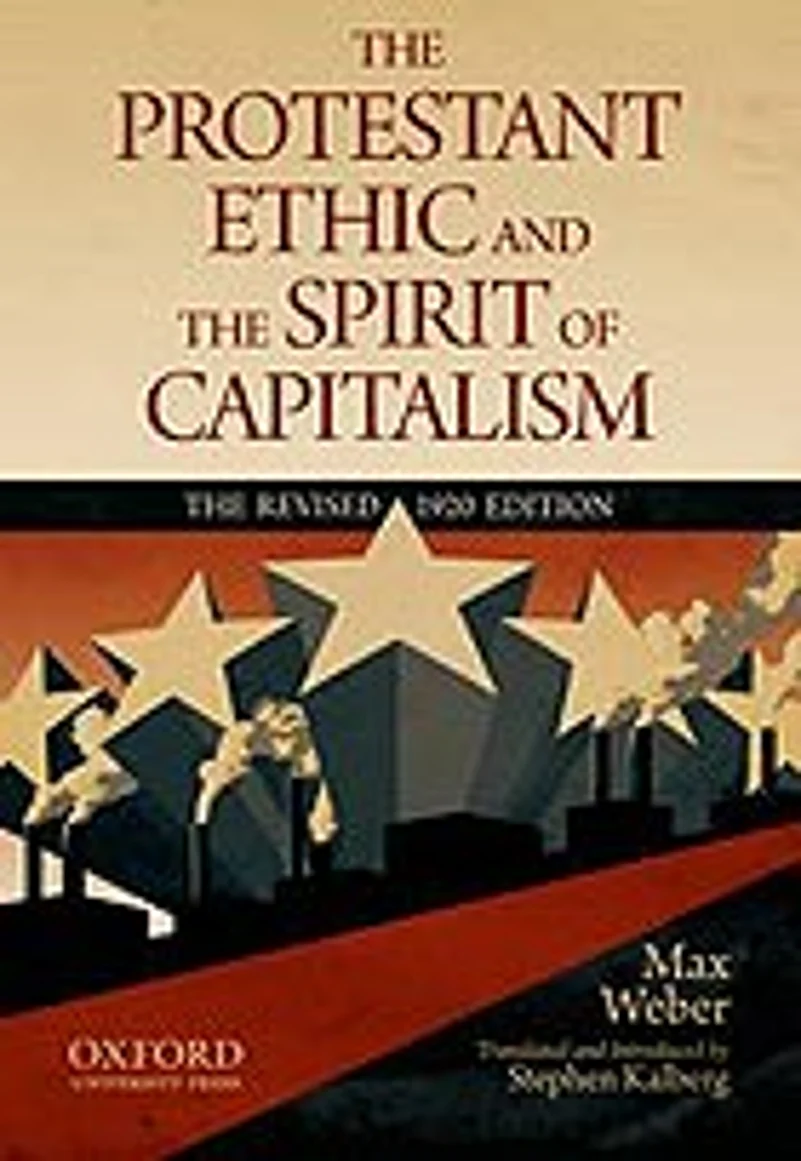

N.R. Narayana Murthy
Chairman emeritus, Infosys
My attitude towards the public system, entrepreneurship and leadership has been shaped by several books. One of the most important pieces of literature I have read is the Spirit of Capitalism by Max Weber. I read it in my 20s and was impressed with its arguments on capitalism and focus on hostility. Frantz Fanon’s books too have had a profound effect on me. Black Skin White Masks and A Dying Colonialism both talk about how the rich and powerful oppress the poor more than colonisers in a pre-colonial set-up. Mahatma Gandhi’s My Experiments With Truth too is a great book.
***


Jerry Rao
Founder, Mphasis Corp
The first book that had a great impact on me was Shakespeare’s Henry V. The book provides a brilliant commentary on leadership and crisis management and the meaning of success. The other book is definitely Hard Times by Charles Dickens. The book had the best introduction. It also had, according to me, one of the finest speeches ever written on team-building in business. The other book that I really like is the The Grand Rebel by Dennis Kincaid. It is the best book on Shivaji. The book taught me that business is not only about numbers but about people.
***


Renu S. Karnad
Managing director, HDFC
One of the books that left an indelible mark on my mind was Fish! by Stephen Lundin, Harry Paul and John Christensen. Although I read the book over a decade ago, the central theme of the book on creating the energy and releasing the potential in people is still etched deeply in my thought process. The story is a parable based on the famous Pike Place Fish Market in Seattle. The book touches upon choosing one’s attitude, having fun at work, leaving an impression on the customer and being focused on the consumer in front of you.
***


Ajit Ranade
Economist and political analyst
I would recommend two books to everyone. Steve Jobs by Walter Isaacson and I Too Had a Dream by Verghese Kurien. Both books have people who depict a burning passion and desire to win, no matter what the odds. Jobs was focused on creating something world-class, which was also elegant, beautiful, simple and minimalist. Kurien was focused on making sure that the farmer got the lion’s share of the value in the milk chain. It is also remarkable how both Jobs and Kurien tumbled into what turned out to be their life’s calling. Both the biographies should be essential reading for entrepreneurs of all kinds, be they in business or the non-profit sector.
***


N. Ram
Chairman, Kasturi and Sons Ltd; publisher, The Hindu
It is difficult to name just one book that inspired me. There are a few books which have had quite a profound effect on my life. Ten Days That Shook the World by American journalist John Reed is a great literary and journalistic classic and helped shape my ideology in the early ’60s when I first read it. Red Star over China by Edgar Snow too is a very fine account of journalism and many of its ideas have affected me a great deal. Vladimir Lenin’s books Imperialism, the Highest Stage of Capitalism and State and Revolution too are books that I would recommend everyone to read as they are still relevant in today’s context.
***
.jpg?w=801&auto=format%2Ccompress&fit=max&format=webp&dpr=1.0)

Surjit Bhalla
Senior analyst, The Observatory Group
A book that has had a deep impact on me is The Road to Serfdom by Friedrich von Hayek. The book is one of the most pristine books ever written. Even in 1945 when it was written, it correctly estimated how socialism will result in totalitarianism and authoritarianism. It talks about how social aspects must include political and economic freedom which is extremely important for human rights in a society. The book also asks one to beware of the kind of state which might curb these rights. This I feel is happening in India as the government tries to control the internet and other mediums of free speech.
FT Books List

Phishing for Phools: The Economics of Manipulation and Deception by George Akrelof and Robert Shiller
Based on the idea that markets take from us as much as they give, the book explores how advertisers use manipulation and deception to sell products and how deceptive profit-making is proving to be perilous to the free market.
***

Misbehaving: The Making of Behavioural Economics by Richard S. Thaler
Thaler, regarded as the father of behavioural economics, explains how people actually make, instead of ought to make, decisions by exploring complex subjects such as mental accounting and the endowment effect.
***

How Music Got Free: The End of an Industry, the Turn of the Century, and the Patient Zero of Piracy by Stephan Witt
How did a regulated music industry suddenly become one of the most elusive and free over the years? The book gives a report-like account of how music has evolved as one of the most pirated industries in business history.
***

Digital Gold: The Untold Story of Bitcoin by Nathaniel Popper
Online currency Bitcoin has had its fair share of controversy. Written like a crime thriller, the book is about how New York Times reporter Nathaniel Popper tracked down the man responsible for the currency’s creation.
***

Superforecasting: The Art and Science of Prediction by Philip Tetlock and Dan Gardner
From forecasting bin Laden’s hideout to failing to predict the recession, Superforecasting draws on research as well as a govt-funded forecasting tournament to understand how forecasting works and if it can be taught.
***

The Rise of the Robots: Technology and the Threat of Mass Unemployment by Martin Ford
Breaking the myth that emerging technology will mean more employment opportunities, Ford paints a future where jobs, once meant for educated humans, have been taken over by automated versions of themselves.


























